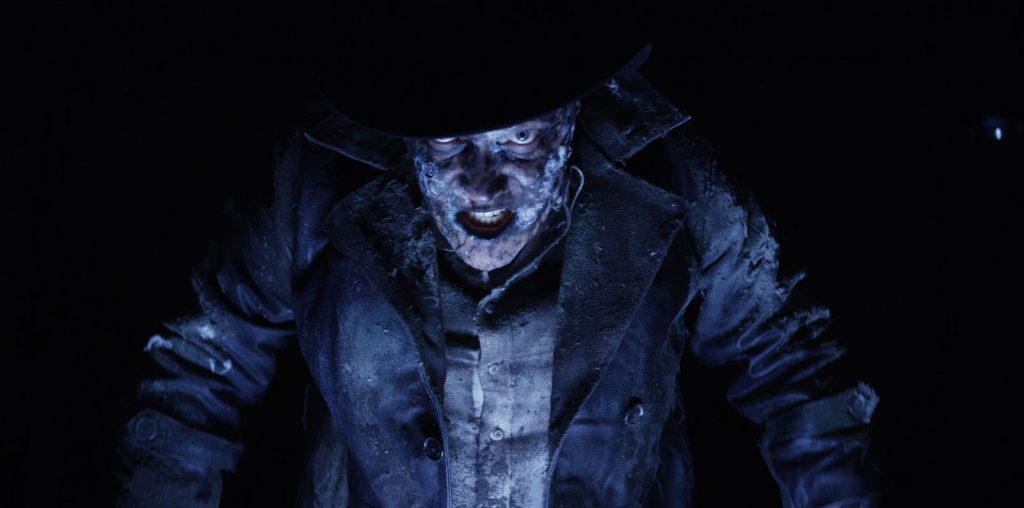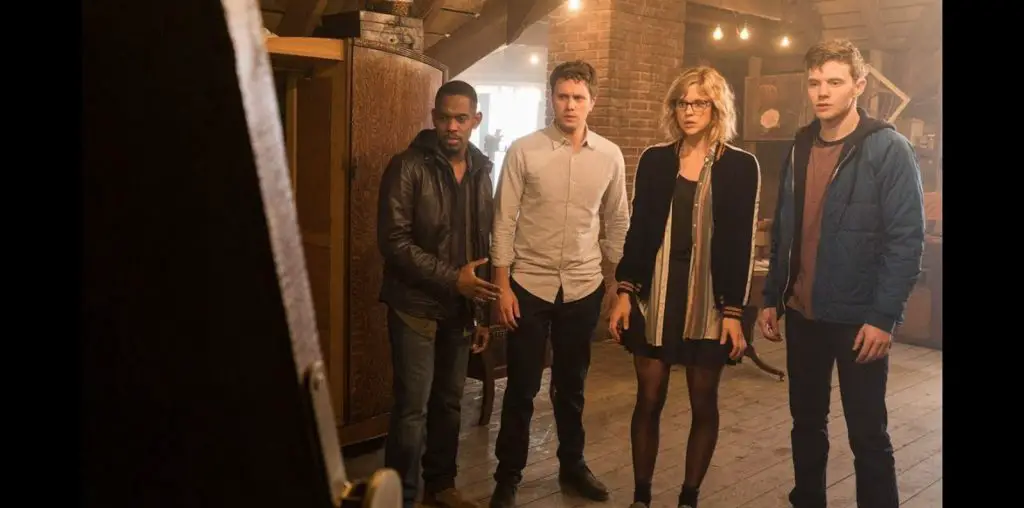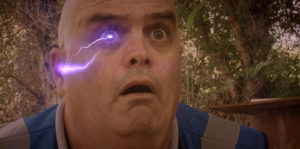
I keep telling people this, but the multiverse was not a Marvel idea. It’s been a part of science-fiction and fantasy for a long time. Marvel just made it accessible. In B. Luciano Barsuglia’s sci-fi thriller, The Electric Man, we are flung into the vortex of infinite realities in true indie fashion.
Trace (Jed Rowen) is your mild-mannered meter reader for the electric company. After reading the power meter of a conspiracy theorist, Mr. Mason (Eric Roberts), Trace absorbs the full force of 12,000 volts from an exposed power line transformer.
The following day, Trace discovers that minor parts of his life seem a bit off. First, best friend Quinn (James Di Giacomo) stops by to talk about the “electrifying” night they spent together at the bowling alley. Then there is his sanguinarian (aka vampire) friend (who’s a girl), Rose (Rachel Riley), who wants to move to New Orleans to join a brood and wants Trace to come with her as her “donor.” Soon, these little moments become major.
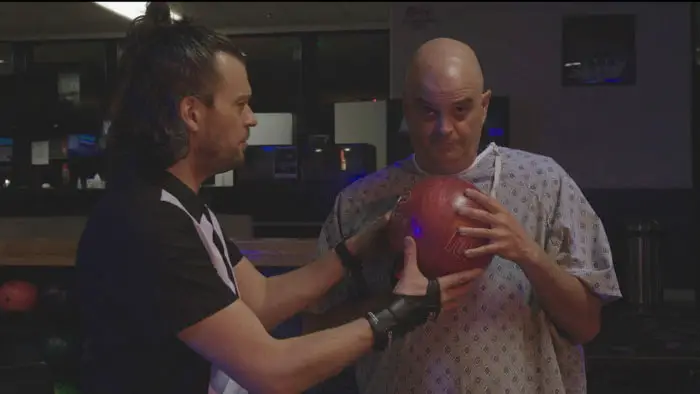
“…Trace absorbed the full force of 12,000 volts from an exposed power line transformer.”
But that’s not the weird part. Trace begins inexplicably sliding from one moment of his life to another and realizing that this is not exactly his life. Just as he’s speaking to a homeless man, Luke (Tanamin Clark), Trace slides into a conversation with his dead (now alive) father. Before you know it, Trace is on a Zoom call with others who may be experiencing the same thing he is, and then finally lands in a church speaking to a pastoral-like figure, Jace (Tom Sizemore).
It’s important to note that The Electric Man is a low-budget indie film. The production values and costumes are minimal, and the lead character, Trace, jumps from one exchange to the next. There’s not a lot of action. The biggest problem I had with the film was in the editing of the conversations, as it seems the coverage was off with odd pauses and a clunky flow from line to line. That’s why having someone off-camera reading lines is essential, as is tighter editing.
On the positive side, writer/director B. Luciano Barsuglia’s story takes us down a more philosophical (dare I say “spiritual”) route. I liken it to those times I was with friends in a living room and just shooting the s**t about reality (alternate or otherwise) and the consequences of these choices. Our minds can go into some bizarre and mind-blowing directions, which is precisely where Barsuglia takes us.
The fun of The Electric Man is in these conversations. Eventually, Trace learns why it is happening to him and why he’s sliding from one reality to the next. The nature of each jump is less about Trace’s life as a narrative but instead hones in on the philosophical and spiritual tone of the new reality he’s facing. First, he has conversations about the sacrifices he’s willing to take with his betrothed Rose. With his father, Trace talks about life and death. Soon, philosophical discussions about God, the devil, and fate versus free will all come into play. Did I mention zombies yet?
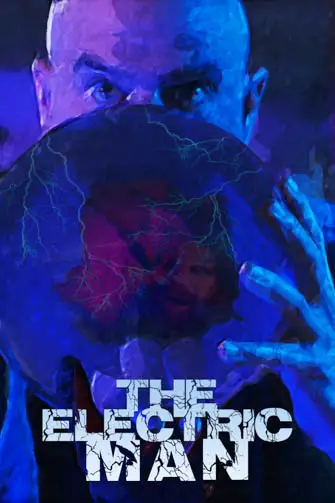
"…can go into some bizarre and mind-blowing directions..."
